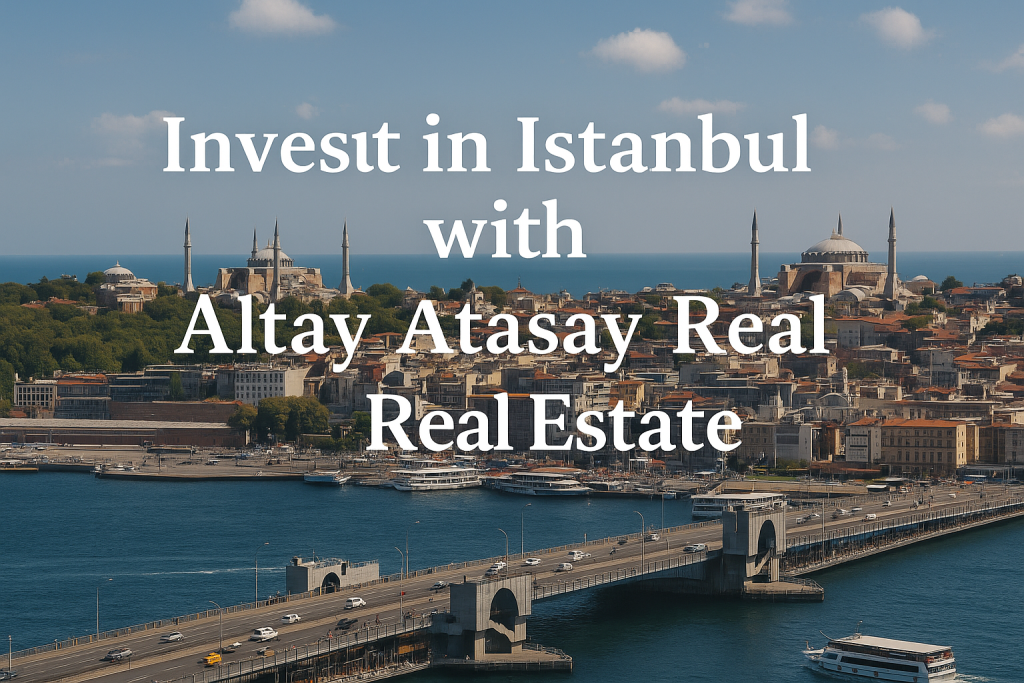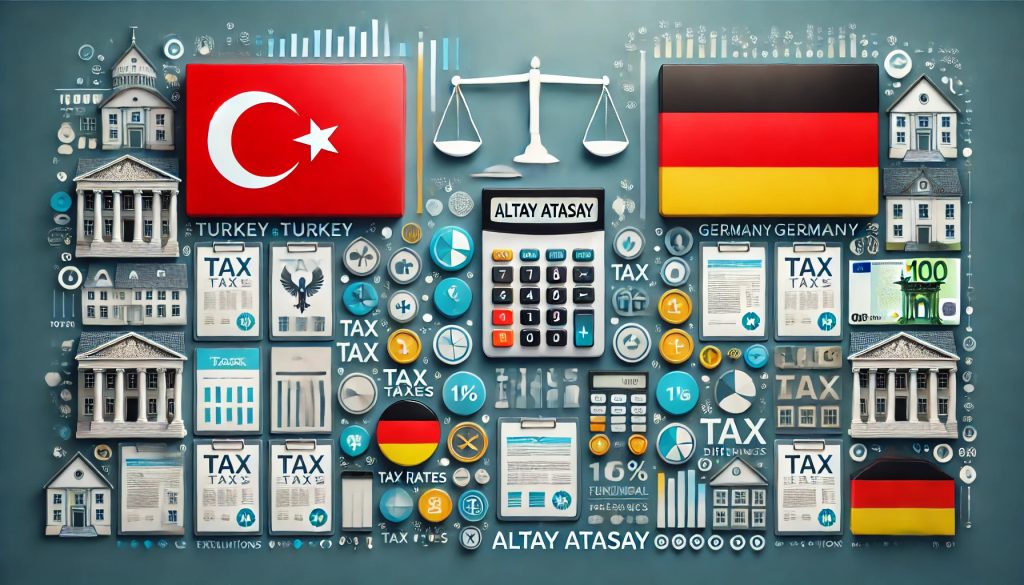
If you’re looking to invest in Istanbul, the district of Fatih is an unmissable gem. Located on the European side of the city, Fatih is the historical and cultural core of Istanbul. Its strategic location, rich history, and vibrant lifestyle make it a top choice for investors seeking reliable and profitable opportunities with Altay Atasay Real Estate.
Why Invest in Fatih?
Fatih is one of the most valuable areas for real estate investment in Istanbul. It stretches from the Golden Horn to the Sea of Marmara and is surrounded by ancient walls that once protected Constantinople. The area includes some of Istanbul’s most iconic landmarks such as the Hagia Sophia, Blue Mosque, Topkapi Palace, and the Grand Bazaar.
Fatih is one of the most valuable areas for real estate investment in Istanbul. It stretches from the Golden Horn to the Sea of Marmara and is surrounded by ancient walls that once protected Constantinople. The area includes some of Istanbul’s most iconic landmarks such as the Hagia Sophia, Blue Mosque, Topkapi Palace, and the Grand Bazaar.
A Hub for Investors with Altay Atasay
Altay Atasay Real Estate has a proven track record of helping clients find high-return properties in the Fatih district. Whether you’re interested in short-term rental investments like Airbnb, or long-term residential and commercial real estate, Fatih offers diverse options with stable returns.
Lifestyle and Infrastructure
Fatih is not just about history—it’s a vibrant and modern district with excellent public transportation, hospitals, universities, and shopping centers. Its central location provides quick access to all parts of Istanbul, making it ideal for both living and investing.
Key Investment Highlights
High rental yield potential due to tourist and local demand
Properties with historical architecture and authentic charm
Government-supported restoration and infrastructure projects
Easy access to metro, tram, and ferry lines
A growing number of luxury developments and renovated apartments
Make Your Move Today
For those who wish to invest in Istanbul real estate, Fatih is the perfect blend of history and opportunity. Partner with Altay Atasay Real Estate and unlock premium investment properties in the most iconic district of the city.
For expert real estate advice, contact Altay Atasay Real Estate today!
Stay in Touch
Subscribe to our newsletter for exclusive insights on investment opportunities and real estate expertise from our team.









